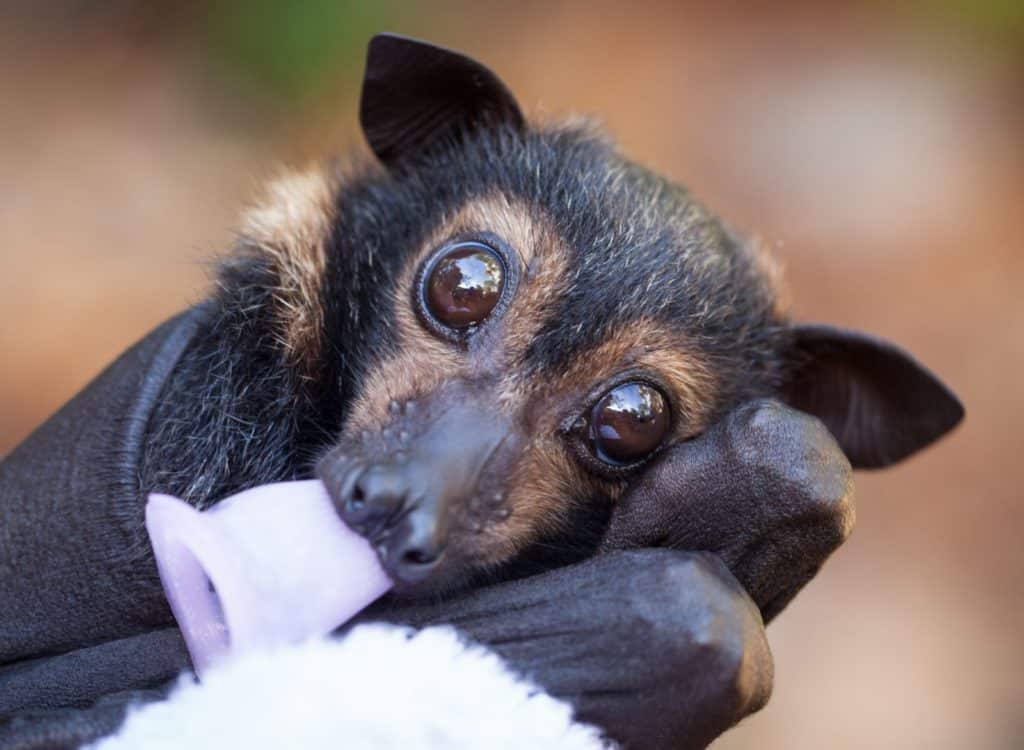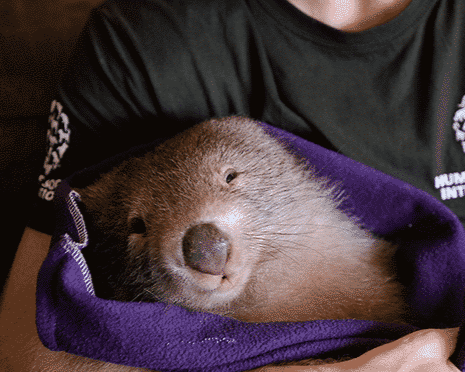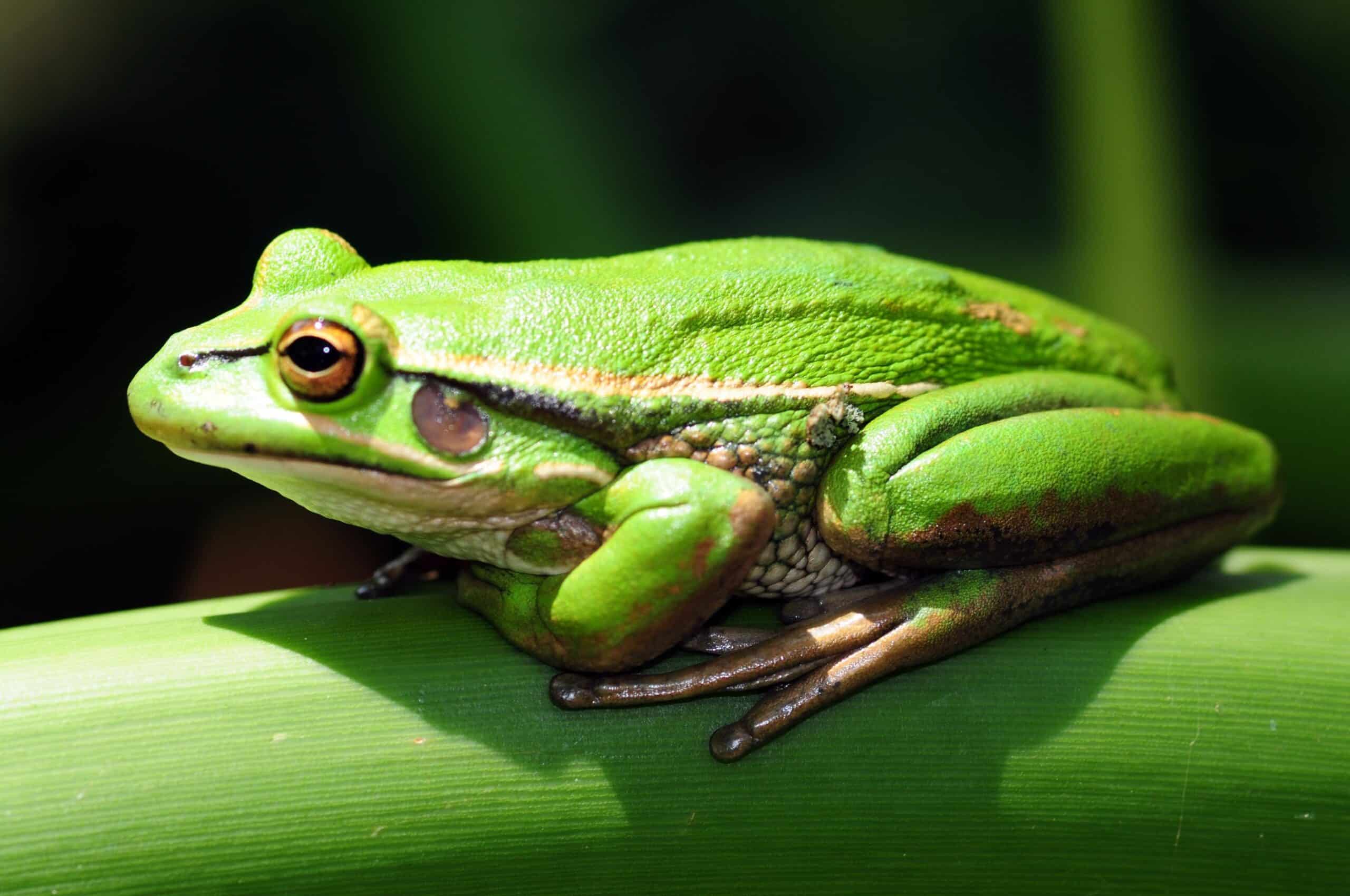Australia’s native animals are protected by law — but that protection comes with caveats. Across every state and territory, permits are routinely issued that allow property owners to kill native wildlife. Known in many jurisdictions as “damage mitigation permits,” these licences have quietly sanctioned the deaths of millions of animals...
Summer’s here, and with extreme temperatures and conditions already occurring across Australia it looks set to be a challenging one for people and wildlife alike. Luckily there are plenty of ways you can help struggling native animals and their habitats– read below for a few ideas!
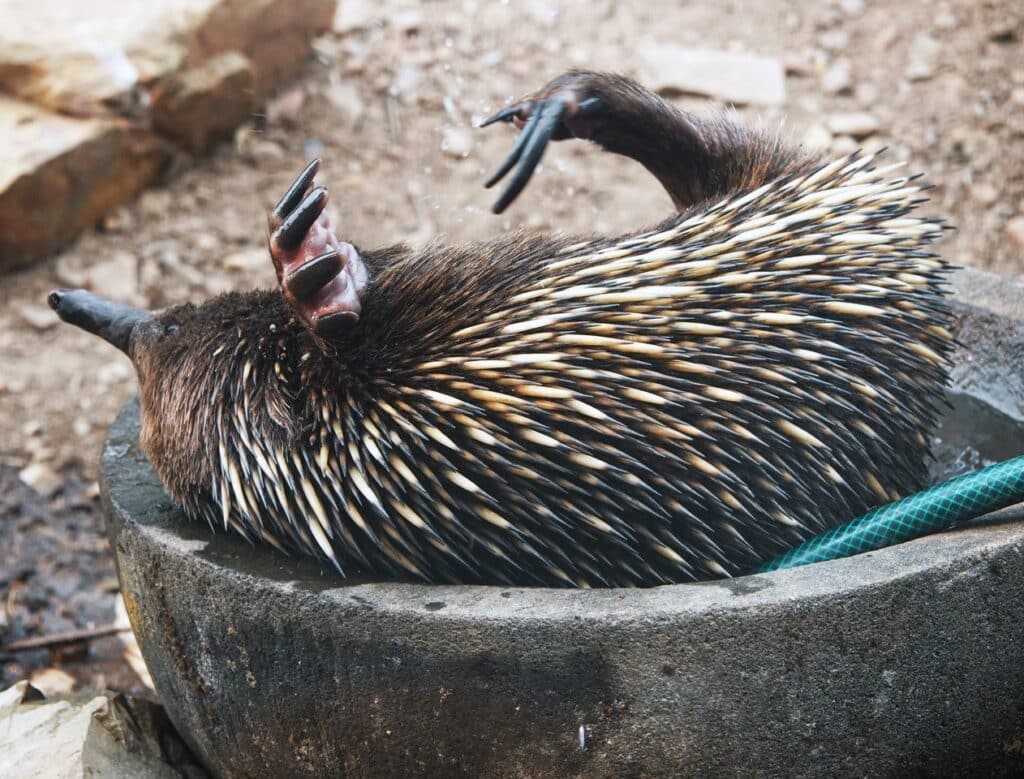
In your backyard
Many native species rely on plants for food, but with tough summer conditions often come food shortages as flowering and fruiting seasons are interrupted. On your property, garden or balcony consider planting with wildlife in mind – choosing good food and shelter species, planting a variety of shrubs and trees and creating links to larger areas of habitat are all ideal for creating wildlife-friendly spaces! Click here for more information on what to plant.
Leaving water dishes out can also be a great way to help wildlife cool down – just make sure the dishes are shallow and the water is refilled regularly. Place water in the shade, either high up or near plants to keep wildlife safe from predators. You’d be amazed at what species will come to visit – and not all of them birds!
Keeping pets indoors is also important during summer, when wildlife is more likely to visit your garden for some shade or a drink. Your pets will appreciate being out of the heat and your native visitors can be left in peace.
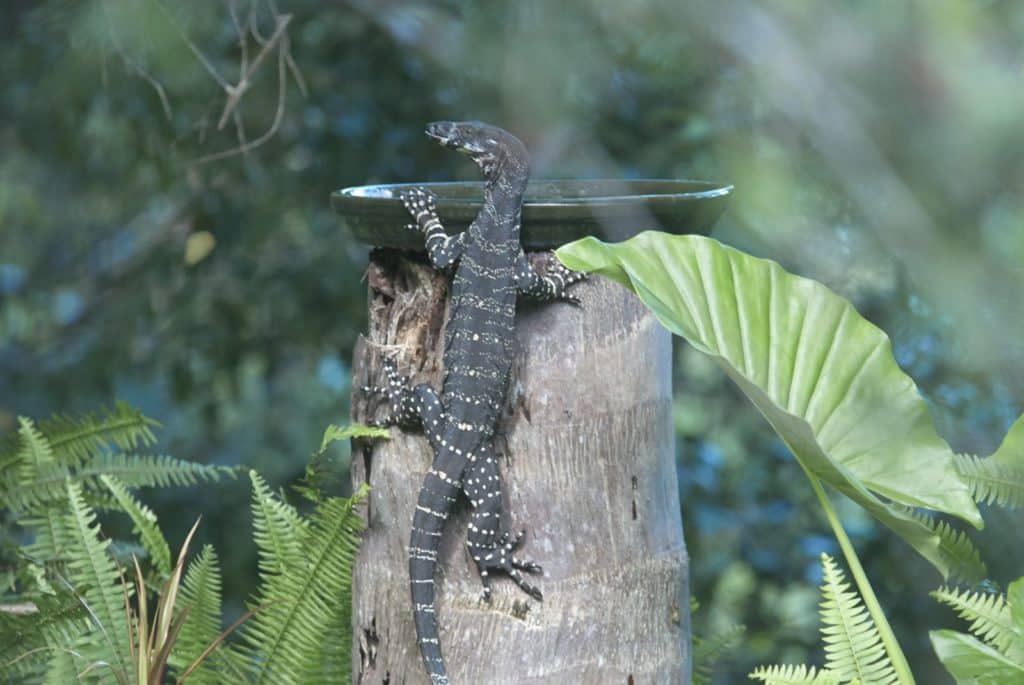
Think local
Each region will have different challenges in the hotter months, and it’s a great idea to contact your local wildlife rescuers and carers to find out how you can best help out. You might be able to make fruit kebabs for food-deprived flying-foxes or craft pouches for orphaned joeys, and for an even more hands-on approach you could also volunteer at your local wildlife shelter or rural fire service.
During the holiday season there’s often an influx of roadstrikes, so keep an eye out for any injured animals or pouch young on the roads. You may also see animals suffering from heat stress, characterised by loss of balance, unusual behaviour, confusion or panting. Prepare an emergency kit for rescues – a cardboard box, blanket and some water is all you need, and a list of contacts for local wildlife rescue groups will come in handy too.
If you find a flying-fox in need of help, do not touch it and instead call a local rescue group – this will help protect the animal and yourself.
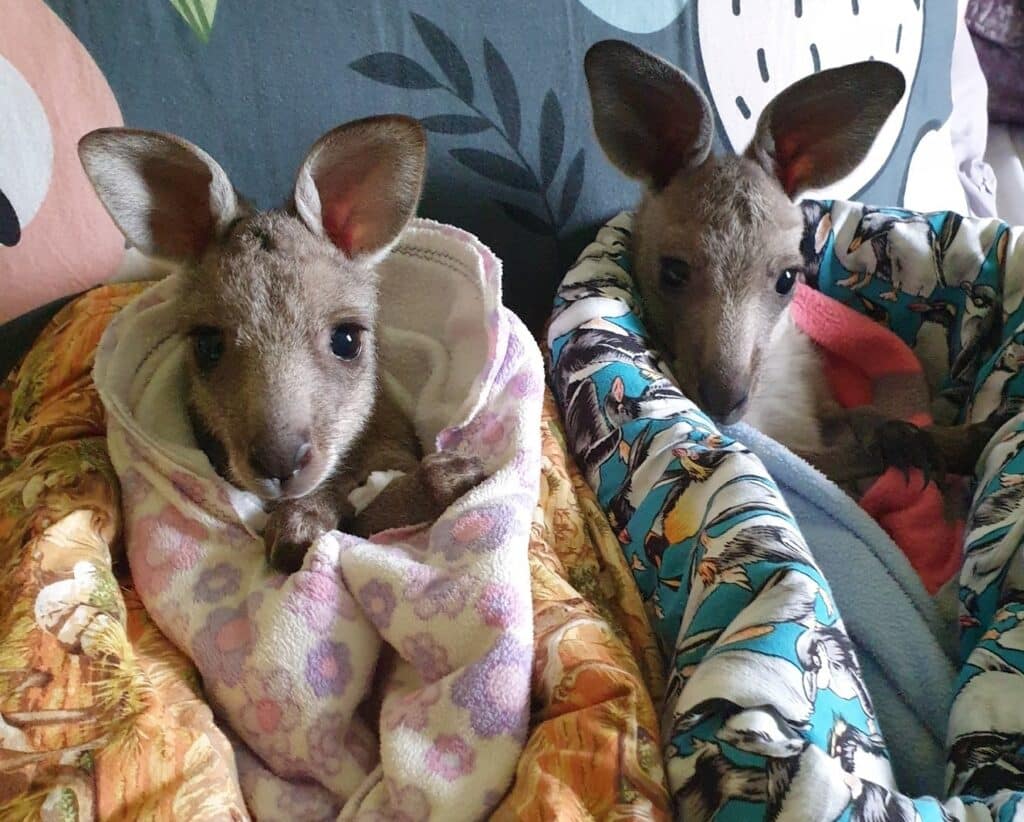
The Bigger Picture
With heatwaves and fires predicted this summer, a national approach is needed to restore habitats and protect wildlife. Although it may seem like an overwhelming issue, there are some easy ways you can help out.
Donate or volunteer for wildlife rescue groups – these groups can support whole networks of wildlife carers! Humane Society International’s wildlife emergency response fund sends critical support for these groups in emergency situations like floods, fires and droughts – Donate here.
If you own land, consider joining a conservation program like the Wildlife Land Trust – not only will this help to preserve habitat, but you’ll have access to conservation grants and expert advice for habitat restoration projects. Establishing exclusion fences, regenerating bushland and restoring riverbanks can be vital for local wildlife, and help to create refuges from heat and fires.
And finally, share your ideas with everyone else – encourage your neighbours to protect habitat on their properties, talk to your family about fire safety strategies and teach your friends how to assist injured wildlife. We may not be able to prevent challenging conditions this summer but we can all do our part to support our native species through it.
